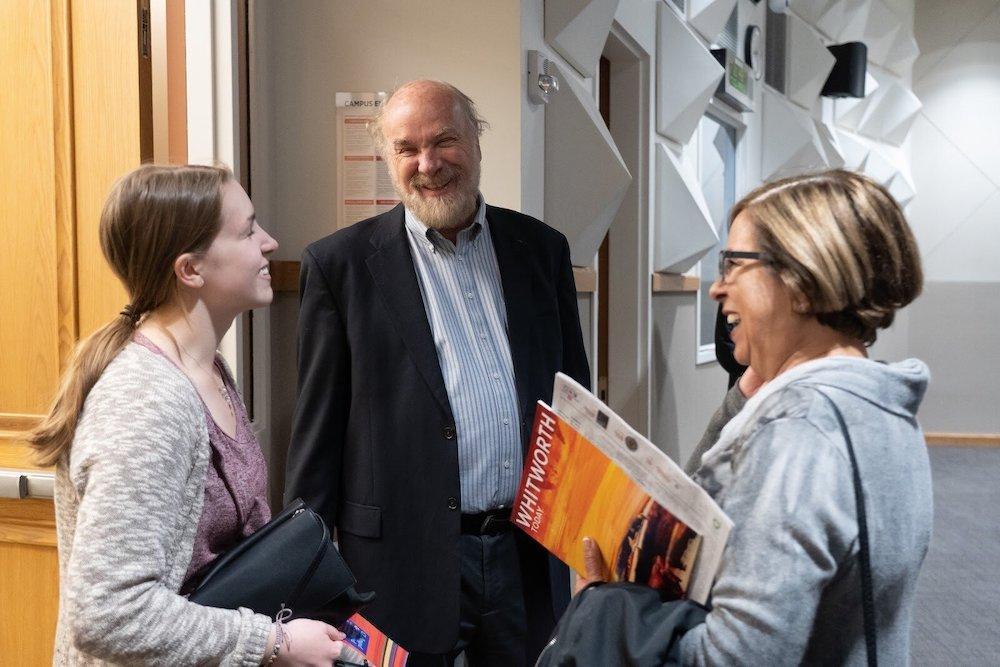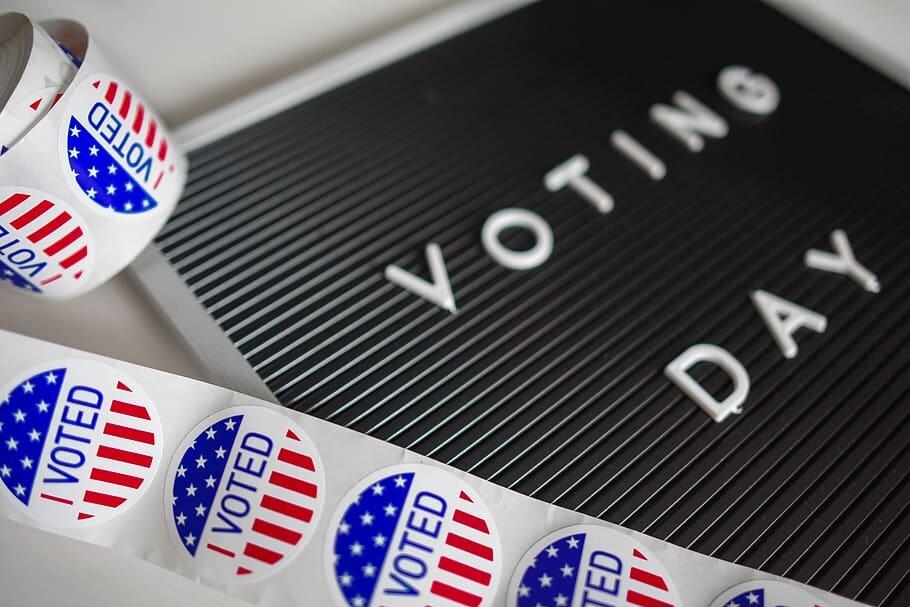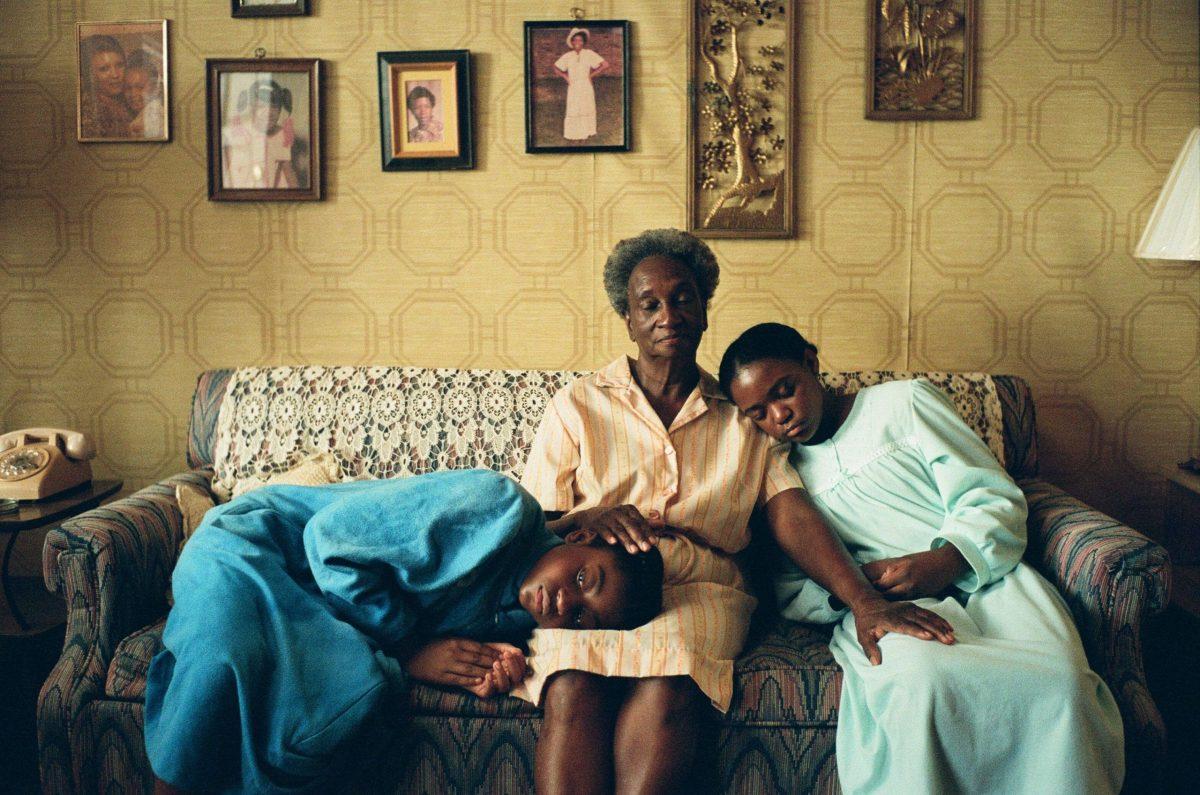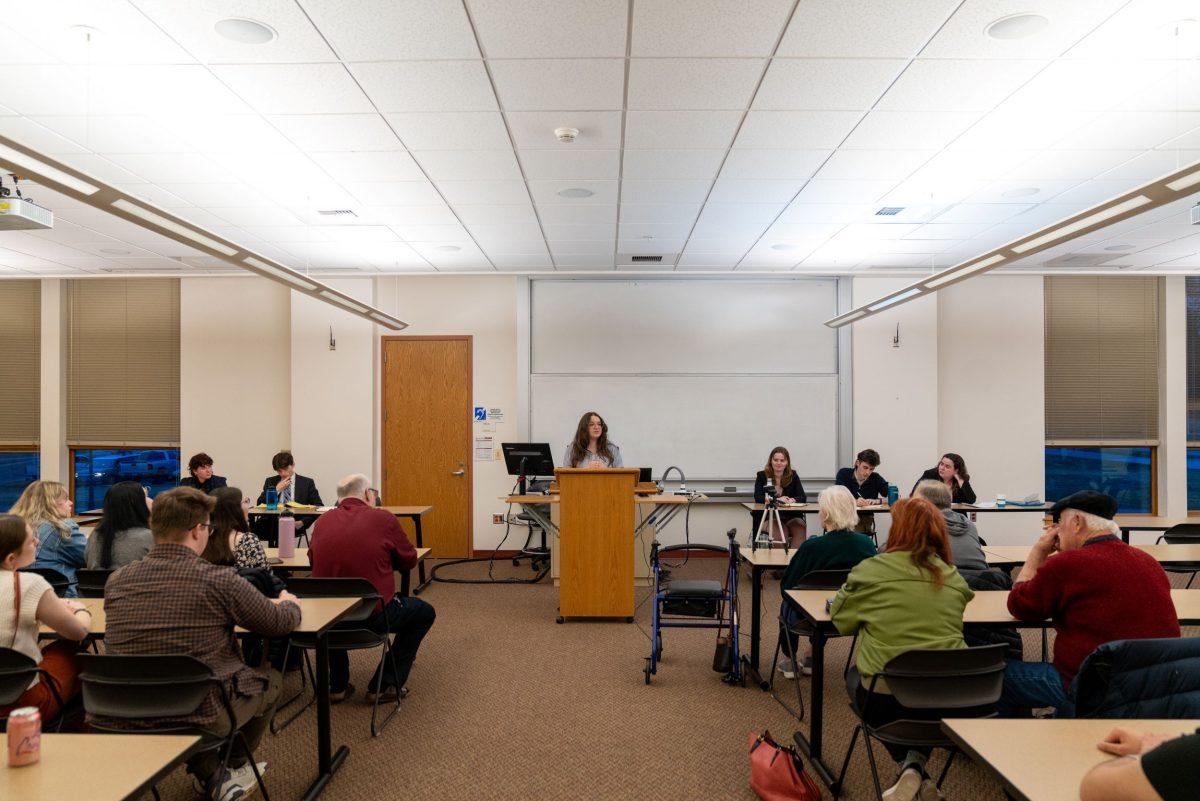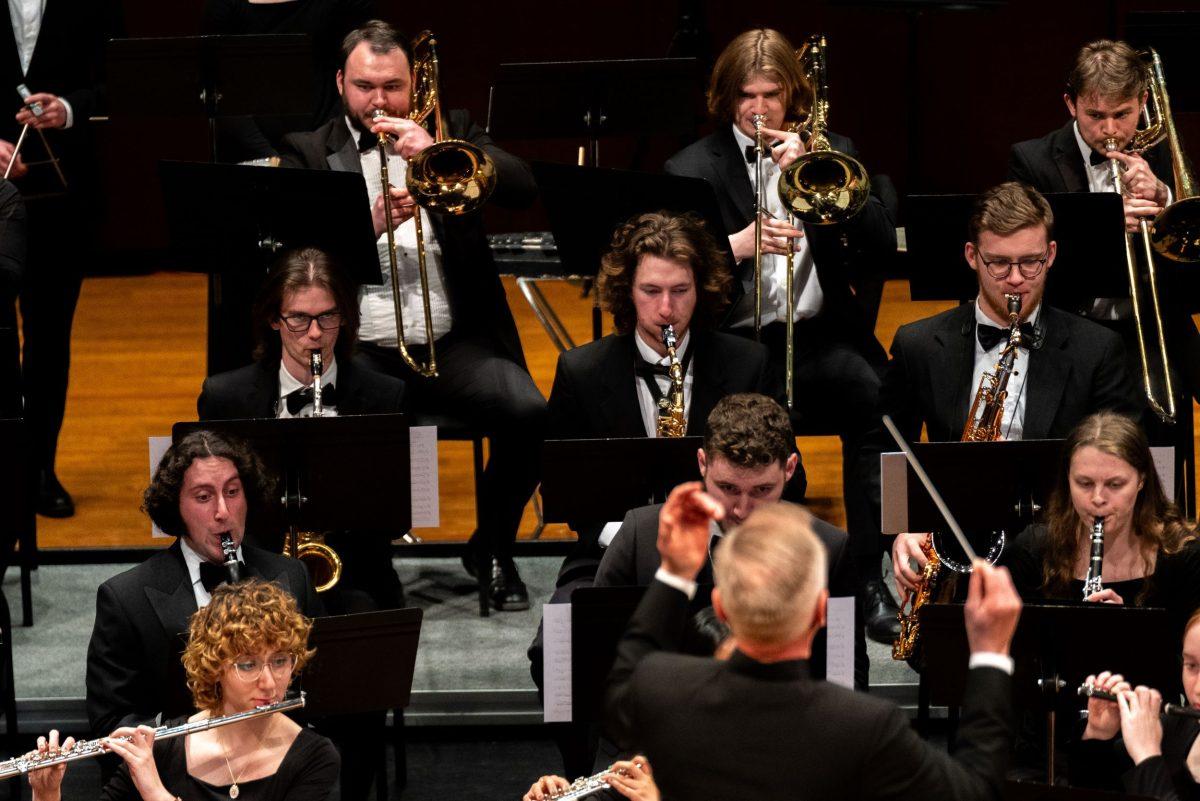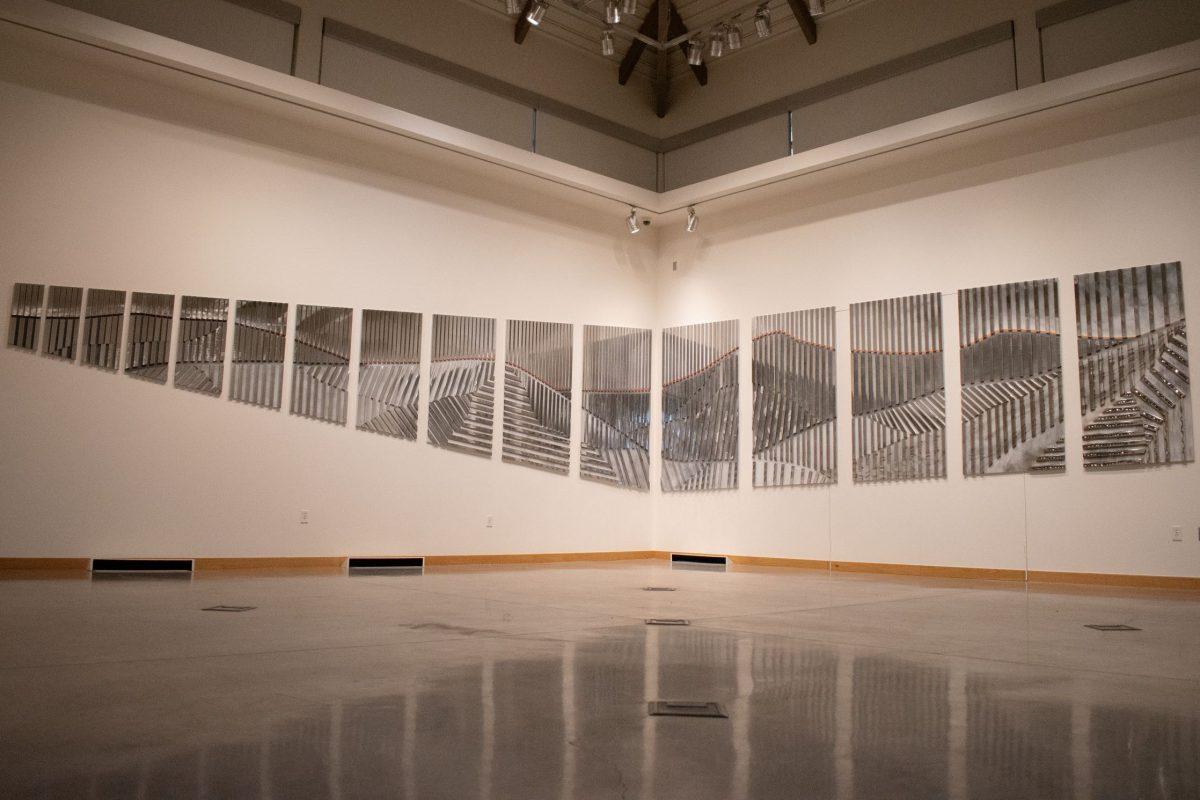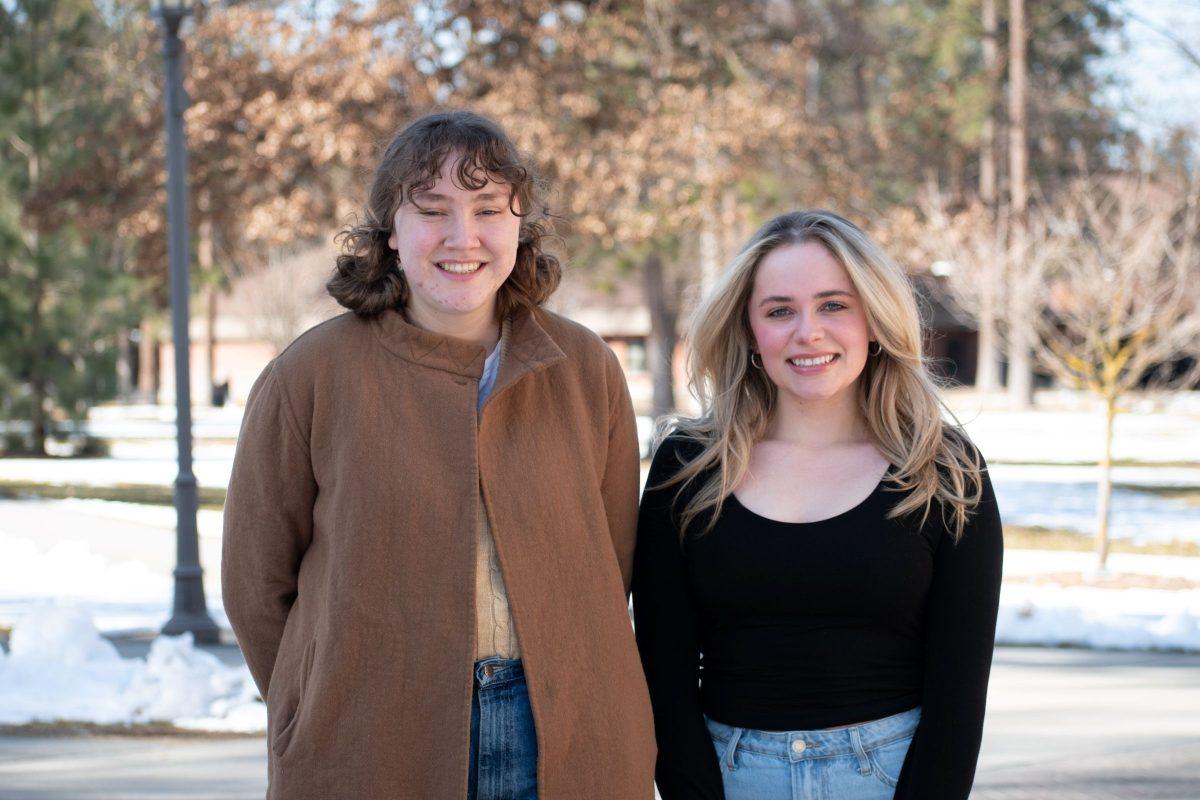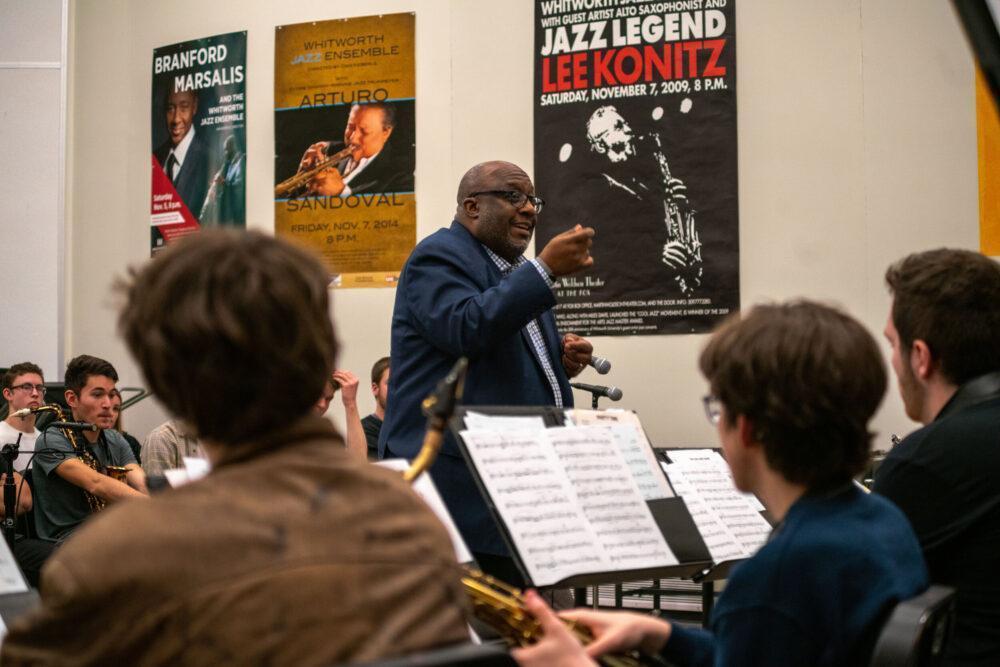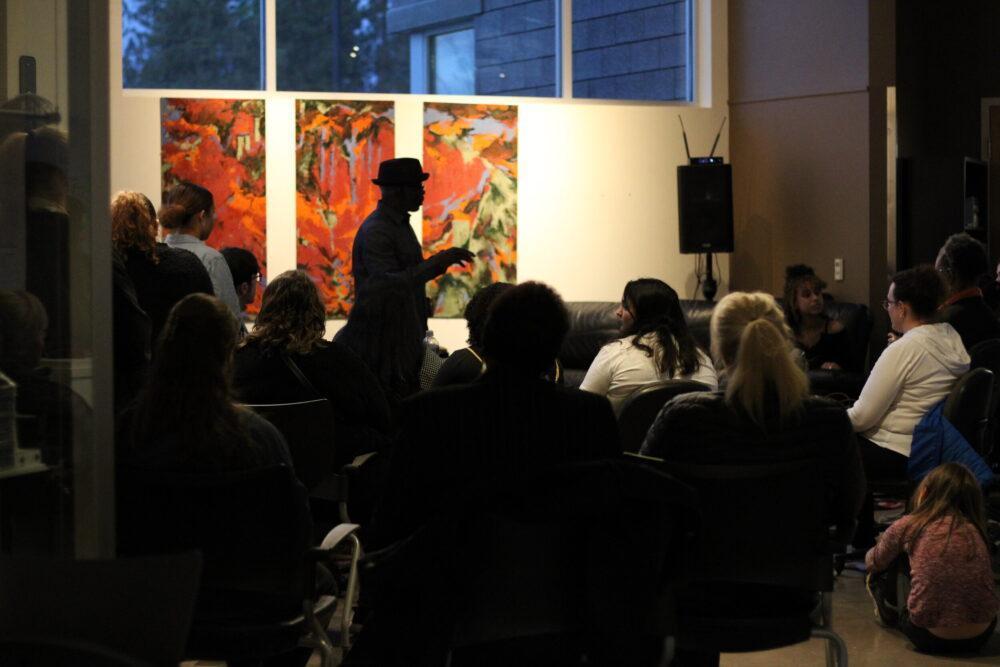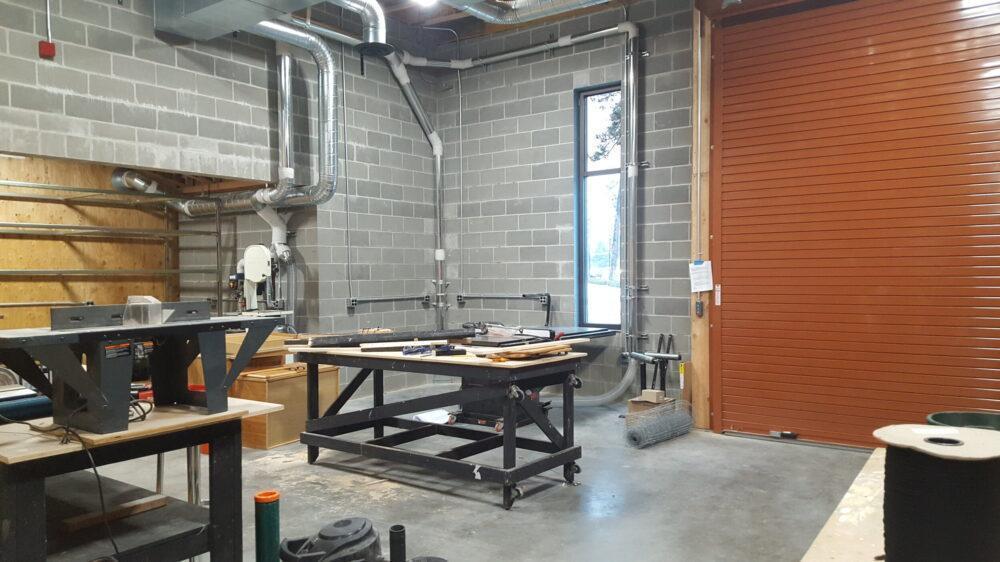While some students experienced a cold and snowy Jan Term in Spokane, others had the opportunity to travel abroad, some to much warmer climates. Whitworth’s Jan Term off-campus programs have become a common alternative to a semester studying abroad, providing a shorter amount of time for traveling overseas and encountering new cultures and worldviews.
“I would definitely recommend studying abroad; go wherever you want to go and allow it to open up your mind,” said senior Eli Min, who participated in the “Technology and Culture” trip to Asia. “Learn as much as you can. You’re not going to do that if you keep holding onto only what you know, or only what you think you know.”
Students on the computer science trip traveled to Hong Kong, Macau, Thailand, Vietnam and Cambodia, seeking to understand how other countries use technology in addressing social problems. For example, they learned how Thailand is currently undertaking the issue of pollution through sensors measuring the levels of pollution, while Macau is researching the use of artificial intelligence and robots to direct traffic and increase efficiency. The class also had the opportunity to explore various aspects of each country’s culture, such as a Thai cooking class, visiting a floating market in Vietnam and touring Angkor Wat in Cambodia.
Students also experienced the current tensions in Hong Kong first-hand, taking a step into history in the making. With ongoing conflict between national security versus Hong Kong’s independence, Min said they encountered several signs and aftermath of protests, such as amplified security, covered-up graffiti and a heightened concern for safety.
The group navigated through some heavy history as well as current controversies. In Vietnam, the class visited the Vietnam War Museum and were able to discuss and wrestle together with the harsh realities of the war’s impact. Min also noticed the extreme spectrums of wealth and poverty during the trip, especially in Hong Kong.
“It’s like you’re living in the future, and then you look around and you realize that it’s like Jesus said, ‘the poor will always be with you.’ [Mark 14:7, Matthew 26:11] This isn’t a problem that we’ve solved, but that it’s only gotten worse,” Min said. “It really makes you think, ‘What kind of future are we building? What is my responsibility as a citizen of the world to respond to this?’ And I think those are the questions I’m continuing to ask myself and that I’m exploring in the wake of coming back.”
Alyssa Meier, who traveled to London for the class “British Culture Through the Arts,” similarly felt like her Jan Term trip taught students how to “see the world through a different lens.” In addition to observing and analyzing art within British theater and museums, one of their biggest goals was to understand that the culture we live in isn’t the only culture that exists.
“What we found is that culture is not always rooted in the most positive places,” Meier said in regards to the history of British imperialism, finding it important to acknowledge the flaws in culture.
One class experienced the rigors of a fully immersive French-speaking experience, not in Paris, but Guadeloupe, an overseas department of France. Students took a four-hour French class each morning and had the rest of the day open for excursions and homework. Though the group experienced the adventures of hiking a volcanic island, relaxing at the beach, and eating Guadeloupean bokits, Wesley Parker said the constant translation process was “mentally taxing.”
Parker recounted several times where he mixed up the two phrases “merci beaucoup” and “merci beau cul,” with the former meaning “thank you very much” and the latter “thank you, nice ass.”
“I made a fool of myself, honestly a lot, learning a new language… But I don’t mind making mistakes, because it helps me learn faster,” Parker said. “I would attempt to use words and sayings I didn’t confidently know, and sometimes I would make a fool of myself because I would say something completely different from what I was attempting to.”
While traveling abroad can have its challenges, students experienced the beneficial ventures of encountering different worldviews, expanding their perspectives and perhaps improving in a foreign language, better equipping themselves to understand and serve in our interconnected world.

